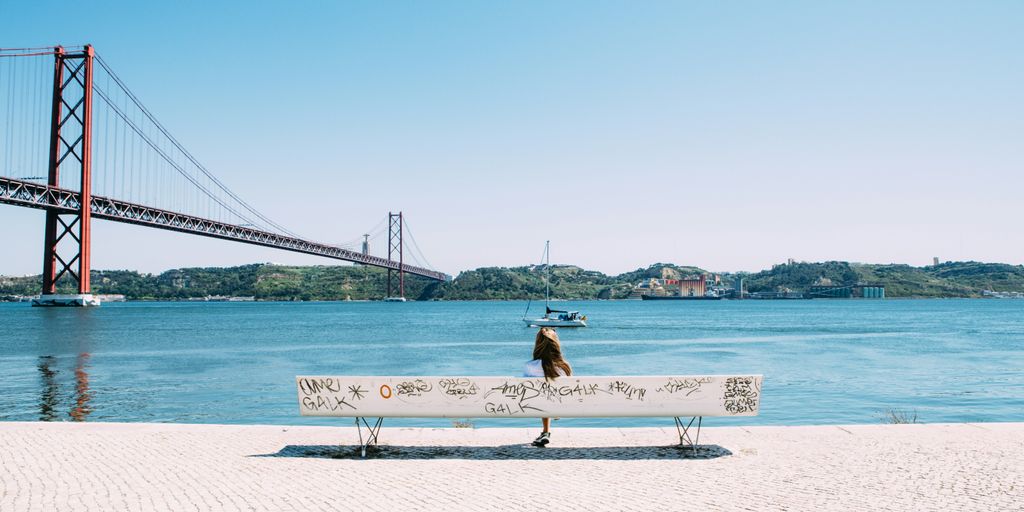Portugal has become an increasingly attractive destination for those seeking to buy property, whether for a vacation home, retirement, or a permanent move. While the prospect is exciting, navigating a foreign real estate market can feel daunting. Rest assured, buying a home in Portugal is a well-regulated and safe process. Here we look at the key steps involved, the importance of working with a lawyer, and what to expect throughout your purchase journey.
Safety and Regulation
The Portuguese real estate market is known for its transparency and strong legal protections for buyers. Here’s why you can feel confident investing in Portuguese property:
- Government Oversight: The Portuguese government regulates the real estate sector, ensuring fair practices and minimizing risks for buyers.
- Title Checks: Before a property can be sold, a thorough title check is performed to ensure clear ownership and identify any potential liens or encumbrances.
- Mandatory Documentation: Sellers are required to provide essential documentation, including an energy certificate and a property registration certificate.
The Role of a Portuguese Lawyer (Advogado)
Hiring a lawyer specializing in Portuguese real estate law is crucial when buying a property in Portugal. An “advogado” will:
- Due Diligence: Your lawyer will carefully examine all property documentation, conduct further searches, and ensure there are no hidden issues.
- Contracts: They will draft or review contracts, including the Promissory Purchase and Sale Agreement and the final deed.
- Taxes and Fees: Your advogado will calculate applicable taxes and fees and advise on payment processes.
- Representation: Your lawyer will represent your interests throughout the transaction and assist with any negotiations.
The Conveyancing Process: An Overview
- Finding a Property: Work with a reputable real estate agent or search online portals to find your dream home.
- Making an Offer: Once you’ve selected a property, you’ll typically submit an initial offer for negotiation with the seller.
- Promissory Purchase and Sale Agreement (CPCV): If your offer is accepted, you’ll sign a CPCV, which outlines the agreed price, deposit amount, and timeline for completion.
- Due Diligence: Your advogado will perform property checks and ensure all documentation is in order.
- Final Deed (“Escritura”): The final deed is signed at a notary’s office. This officially transfers ownership to you.
- Registration and Taxes: Your lawyer will register the property in your name and handle all tax payments.
Important Considerations
- Property Taxes: Be aware of IMI (Municipal Property Tax) and IMT (Property Transfer Tax) which apply when buying a property in Portugal.
- Visas (if applicable): If you are a non-EU citizen, you may need to explore Golden Visa or other residency options to live in Portugal.
Peace of Mind
While the process may seem unfamiliar at first, buying a home in Portugal can be a smooth and secure experience with the right professional guidance. By working with a qualified lawyer and understanding the key steps, you’ll be well on your way to owning your piece of Portugal.












